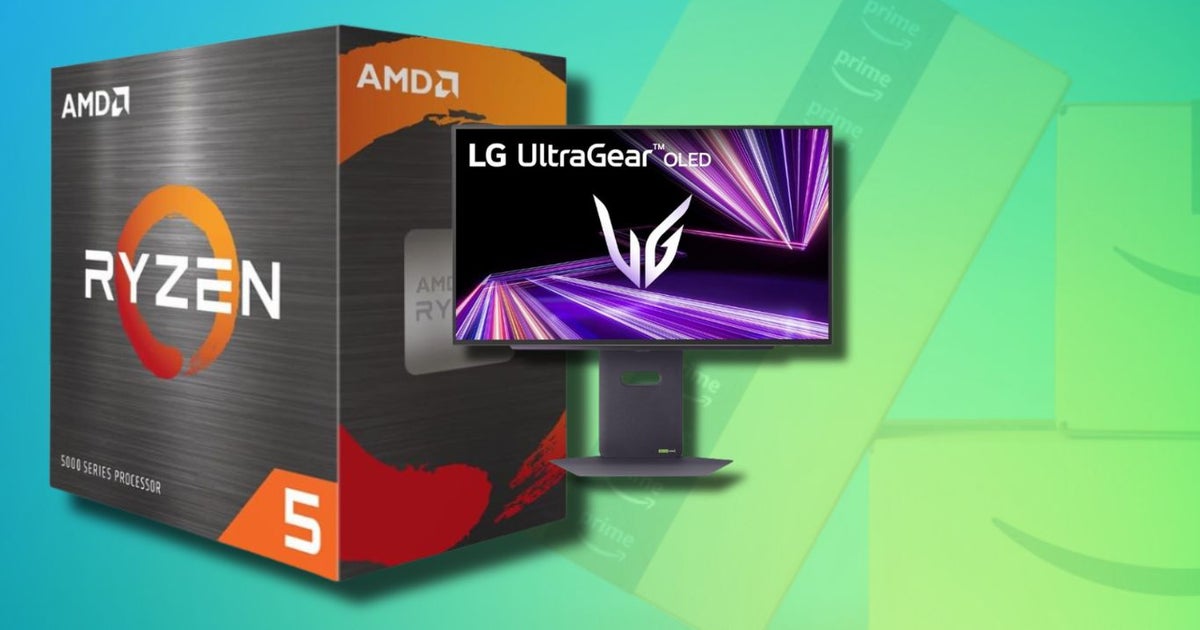The Stop Killing Games campaign’s petition to the European Commission surpassed a million signatures last week, meaning EU policymakers may soon be debating whether developers and publishers should have the option to render online games unplayable by shutting down their servers. Video Games Europe, a trade association who represent publishers and devs, have responded by outlining why they think that choice should stay on the table.
It’ll be interesting to see how any proper debates on the topic go, but the response is worth reading if you’re still trying to decide where exactly you stand on the issue YouTuber Ross Scott and Stop Killing Games have been campaigning about since Ubisoft pulled The Crew offline.
Video Games Europe, whose board is currently chaired by Warner Bros Games publishing senior vice president Hester Woodliffe, argue that the call to shut up shop “must be an option for companies when an online experience is no longer commercially viable.”
“We understand that it can be disappointing for players,” they continue, “but, when it does happen, the industry ensures that players are given fair notice of the prospective changes in compliance with local consumer protection laws.
“Private servers are not always a viable alternative option for players as the protections we put in place to secure players’ data, remove illegal content, and combat unsafe community content would not exist and would leave rights holders liable,” the statement goes on. “In addition, many titles are designed from the ground-up to be online-only; in effect, these proposals would curtail developer choice by making these video games prohibitively expensive to create.
“We welcome the opportunity to discuss our position with policy makers and those who have led the European Citizens Initiative in the coming months.”
The body, whose board also includes representatives from Microsoft, Sony, and Nintendo, have published a longer doc alongside that statement, going into more detail about the effects of requiring publishers to either maintain online support while folks are still playing, or come up with an end-of-life plan that leaves the game still playable.
They make ten points in total, two centred around “player safety”, three about the potential “impact on companies”, and five concerning a possible impact on the intellectual property rights companies have to their games.
The main concerns boil down to the stuff you’d expect: money and the lack of control publishers would have over community-run private servers, were they to wind down support and ‘hand things over’ to players that wished to keep a game going. In addition to any bottom line impact, they say there would need to be a new legal framework for people doing things with games without direct support or oversight from the company who made the game, and are still somewhat liable for it.
Right now, there are plenty of grey areas that, as we regularly see with the likes of modding and emulation, don’t tend to jive with the sort of legal surety many companies want, at least in terms of protecting themselves from potential action or headaches over products.
It’s stuff Stop Killing Games will need to have strong answers for if they hope to succeed in turning their campaign’s goals into concrete laws or rules. To be fair to the consumer group, the FAQ section of their website does address or outline viewpoints on a bunch of areas that Video Games Europe has raised here, as well as citing the likes of Gran Turismo Sport and Knockout City as examples of games whose online support was ended “in a responsible way”.
Watch on YouTube
Scott has also put out a video response to VGE’s statement. In it, he goes through the shorter statement, but not the full document, outlining ways he believes these concerns or issues could be addressed – for example by adding to electronic user license agreement docs.
Scott claimed that the points made by VGE are “bad faith arguments”, and has called on eligible supporters to contact members of European parliament about the campaign. Scott stresses in the video that he won’t be the one debating this directly with EU politicians and groups like VGE, because he’s not eligible to be the EU campaign’s official spokesperson.
We’ll have to see how it all plays out, but I for one look forward to reviews of The Crew potentially having to be read out in European parliament.




